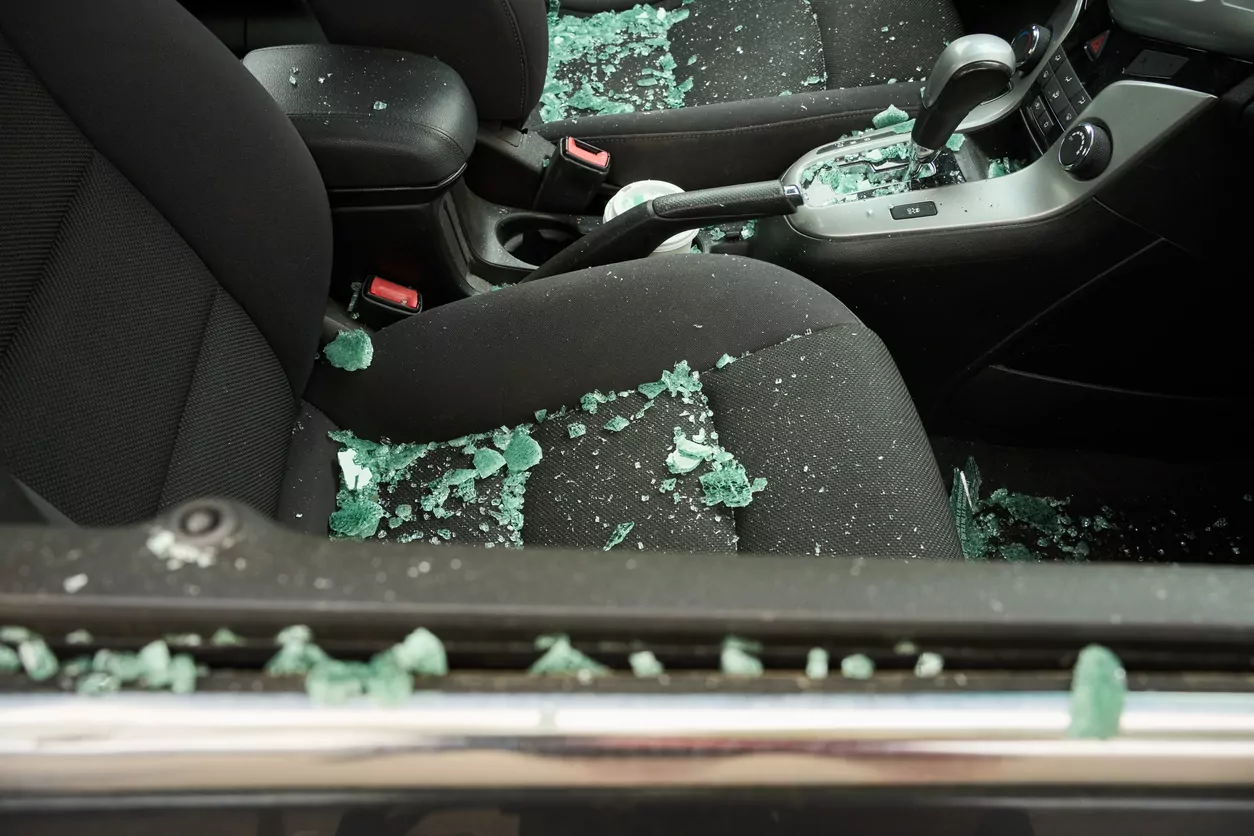Escaped youth tracked by Eagle helicopter, found hiding in New Brighton
The young person who escaped from a youth justice facility in Rolleston has been located...
Retail crime in New Zealand is significantly under-reported, with nearly 40% of incidents not making it to Police, according to a new national report.
The COMS Retail Crime Report 2024, released by Retail NZ, found that 99% of respondents — representing more than 1,500 stores and online retailers across the country — experienced some form of retail crime or anti-social behaviour. In total, 140,746 incidents were recorded, ranging from shoplifting and credit card fraud to threatening behaviour, criminal damage and physical assault.
Retail NZ Chief Executive Carolyn Young said the findings confirmed that retail crime is far more widespread than official statistics suggest.
“There are a range of reasons why nearly 40% of crimes were not reported to Police,” Young said. “These include the value of the goods being too low to pursue, incidents being discovered too late, retailers dealing with it directly, or concerns that Police would not act.”
Young said retail crime is not only affecting businesses financially but is also creating a serious health and safety issue for retail workers.
“Every day, retailers are dealing with threatening, violent or unpleasant behaviour. Almost every retail worker has been impacted by crime and aggression, which is traumatic for those directly involved and their colleagues,” she said.
Retail NZ’s 2023 report estimated the cost of retail crime at around $2.6 billion a year — a burden that affects not only retailers but also consumers and the wider economy.
“This latest survey confirms the true scale of the problem, showing that retail crime is significantly higher than previously recorded,” Young said.
Retail NZ is urging all businesses to report every incident to Police, regardless of the scale.
“This is essential to help Police allocate resources, track repeat offenders and to allow Government to respond with the right policies and support,” Young said.
COMS Systems Director Paul Andrew said the rise in shoplifting and aggressive customer behaviour is damaging not only to business profitability but also to staff wellbeing.
However, he said there is growing support within the sector for adopting facial recognition technology (FRT) as a tool to prevent retail crime.
“Embracing technology is essential — it’s the future, and it’s here to stay,” Andrew said.
In the past year, several measures have been introduced to counter retail crime, including Foodstuffs North Island’s successful trial of FRT, the creation of the Ministerial Advisory Group for retail crime victims — of which Young is a member — and the deployment of new Police Community Beat Teams in towns and cities across the country. Stronger sentencing legislation has also been enacted.
Retail NZ has formed a working group of major retailers to develop a unified approach to prevention, including legislative reform and the rollout of crime prevention technology.


